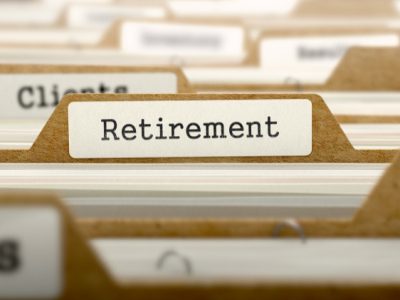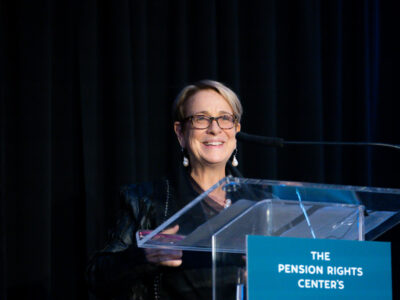Disclosures & Rights to Information Highlights:
The Latest on Disclosures & Rights to Information:

ASPPA: Recordkeeping in the Electronic Age
Recordkeeping today is not your grandfather’s recordkeeping. Maybe not even your older sibling’s. So guidance and education from the Department of Labor (DOL) would be helpful in adjusting to the changes that have taken place, concludes a recently released report.
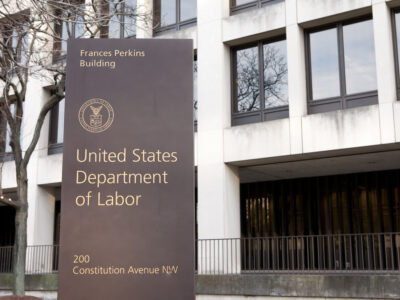
PRC Responds to DOL Request for Information on Reporting and Disclosure
The Pension Rights Center submitted comments on October 18th in response to a Request for Information concerning the Paper Statements provision of Secure 2.0. Read the PRC’s response to the Request for Information here and our comments on Subsection F here.
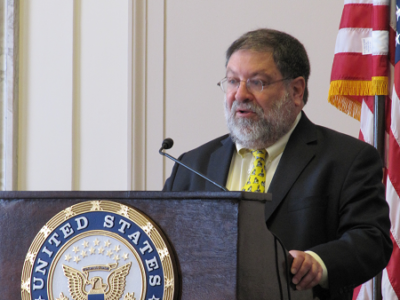
PRC Voices Concerns on Effect of Plan Information Electronic Recordkeeping
By David Brandolph The U.S. Labor Department should address the challenges and risks faced by employee benefit plan members due to the electronic and digital recordkeeping of their plan information, the Pension Rights Center told the ERISA Advisory Council during recent testimony. Pension Rights Center Senior Policy Counsel and Acting Legal Director Norman P. Stein, joined by […]
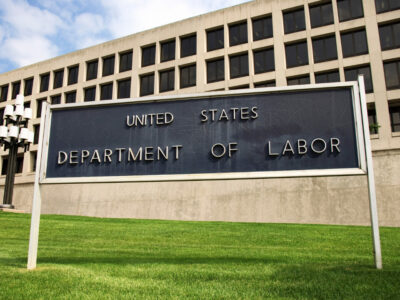
Senior Policy Counsel Norman Stein Testifies Before the ERISA Advisory Council
Norman Stein, PRC’s Senior Policy Counsel, and Anna-Marie Tabor, a visiting law professor at the University of Massachusetts School of Law and the former director of the Pension Action Center, testified before the Council about the risks posed by electronic recordkeeping and recommended stronger consumer protections including the creation of an electronic shoebox of relevant […]

PRC Urges Protections for Electronic Recordkeeping of Pension Information
Electronic recordkeeping of employee benefits plan information can aid plan administration efficiency and reduce costs for employers, but also poses increased difficulties and risks for plan members that the U.S. Labor Department must address, the Pension Rights Center will tell the ERISA Advisory Council during testimony the morning of September 20. Pension Rights Center Acting […]
